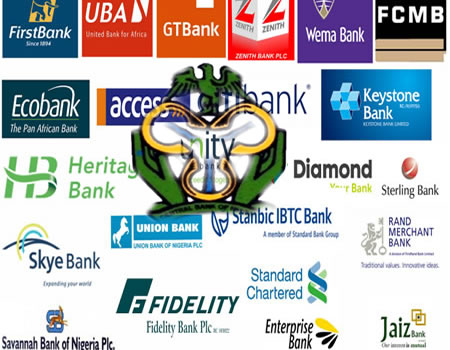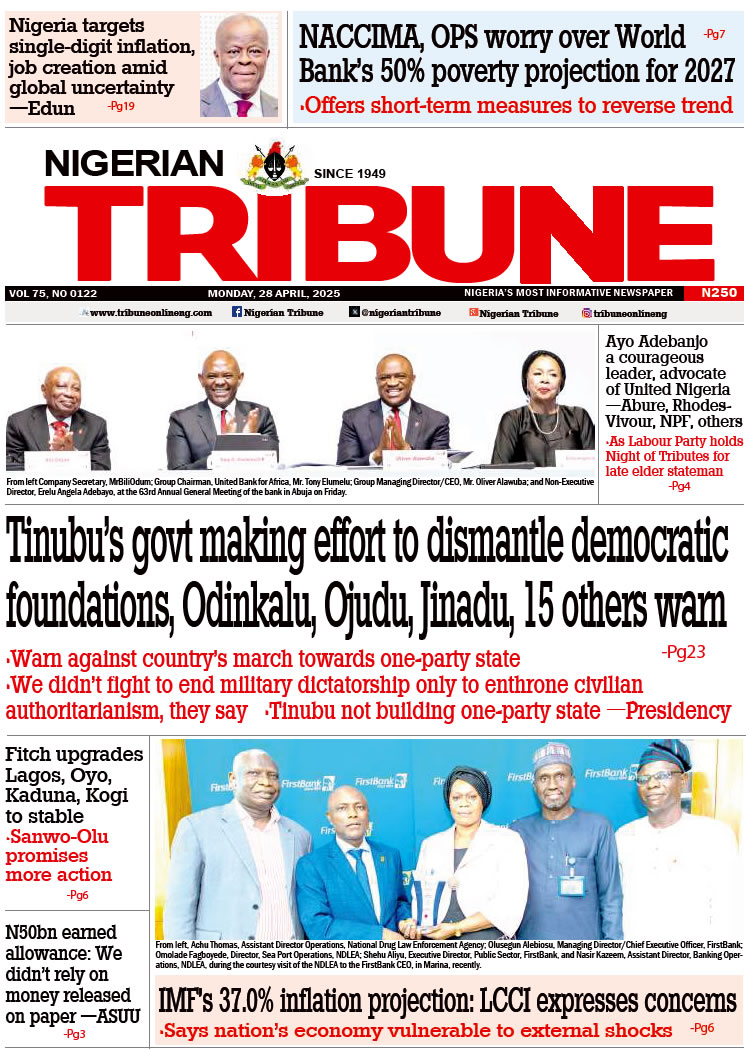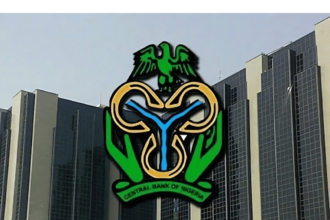THE Nigerian banking public have expressed worry over high bank charges as they called for immediate sanitisation of the banking industry.
A herd of bank customers have recently taken to social media to berate banks due to rising multiple charges stressing that the current system does not encourage financial inclusion and would equally keep a higher number of Nigerians un-banked.
The CBN in 2022 reduced charges on Automated Teller Machine (ATM) withdrawal charges and inter-bank transfer fees: withdrawals on ATMs was reduced from N65 to N35 after the third withdrawal within the same month, while inter bank transfers to maximum of N50 per transaction from N300.
To Comrade Deji Adeyanju, “It’s either we are ready to lead an advocacy against the corrupt regime and CBN or we continue to wail over the robbery of citizens in the name of bank charges.”
Another X user said Nigerian Banks, charge for SMS alert, then tax on the charges on SMS alert, as well as «withholding tax.” They also charge for «electronic transfer», “you pay when you send money, you pay when you receive money. @cenbank permits or supervises the money making schemes,” the user simply identified as Adebowale stated.
Another user, Omogbolahan on his part said he made a transfer last night and his still deducted the same old N62.50 despite changes to bank charges.
According to him, the idea of after third withdrawal is a fluke. All banks peg their ATMs after first withdrawal.
He said millions of other Nigerians have similar experiences, but not many have access to online opportunities to have a direct interaction with regulatory agencies.
“Kindly stop the deceit please. I was charged by a bank this year for charges that has been banned, who is monitoring the banks please?” Damilola Someone who claims her N2, 000 was deducted arbitrarily lamented.
Available records show that extant CBN guide stipulates that transactions below ₦5,000 would incur a maximum fee of ₦10; transfers between ₦5000 and ₦50,000 will attract a charge of ₦25; and transfers beyond ₦50,000 will receive a charge of ₦50.
The present account card maintenance cost has been eliminated because the accounts already have an account maintenance fee. Savings accounts are be charged a card maintenance cost of ₦50 every quarter, rather than ₦50 every month.
The annual card maintenance cost for cards denominated in foreign currency (FCY) has been decreased from $20 to $10.
The charge for a hardware token will be based on cost recovery and will be capped at ₦2,500, down from the previous maximum charge of ₦3,500.
Fees for required SMS alerts will be based on a cost-recovery model, with a maximum price of ₦4 in place previously.
Payment of bills via e-channels incurs a maximum charge of ₦500, based on 0.75 percent of the transaction value up to ₦1,200.
Fee for issuing a credit card — ₦1,000 (one-off charge). Regardless of the type of card used, the charge is the same (i.e. regular or premium card).
Fee for reissuing for lost or damaged cards (at the customer’s request) — ₦1,000 (one-off charge). Regardless of the type of card used, the charge is the same (i.e. regular or premium card)
Renewal Fee — ₦1,000 (when existing cards expire) (one-off charge). Regardless of the type of card used, the charge is the same (i.e. regular or premium card)
Following the new directions, the CBN announced that any financial institution that violates any of the terms in the new guidance will be fined ₦2 million per violation or as the CBN may determine from time to time.
However, these charges more often comes in multiples and the banks claim that some are accumulated charges due to network failures.
The CBN wants bank customers to file a report of any bank to the its consumar protection department after due redress had been sort from the defaulting financial institution.








